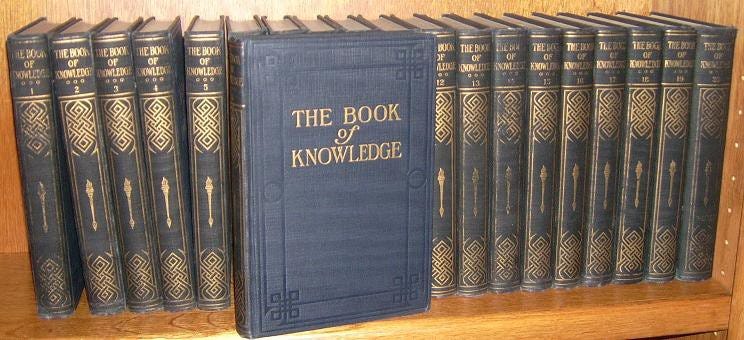Knowledge Media
Scholars create and communicate knowledge in several ways. The most public media we create are papers and books that are published after…

The Message is in the Medium
Scholars create and communicate knowledge in several ways. The most public media we create are papers and books that are published after review and editing. We also write in other venues: newspaper articles, blogs and other venues that don’t have the same formality or prestige as papers and books but that are part of the community of dialog. We also circulate drafts and preprints amongst colleagues, some of whom might be read at seminars and conferences.

Apart from our written work, we also give lectures when visiting other institutions and in conferences, participate in institutional (scholarly bodies, government, industry, civil society) committees that are tasked with summarizing a body of knowledge for the public good.Finally, we teach and mentor, and in that process we deliver lectures, write syllabi, grade and evaluate students and judge their work.
Every single one of these activities is an act of media production.
Yet, we don’t see ourselves as media professionals. For the most part, we leave the mechanics of media to others — editors and publishers. That’s an unfortunate situation in two ways: one, it encourages snobbery, so that the scholars who produce knowledge are superior to the editors and publishers who merely typeset the end result. At the same time, the balance of power has shifted; as scholarly jobs become scarce and publications are the gateway to success, the world of scholarly publishing is becoming a militarized zone. The relationship between labor and capital has asserted itself in the world of scholarship, except that it is immensely exploitative: scholars contribute unpaid labor as creators and editors in the hope of getting their work into prestigious publications and in return their host institutions have to buy those very same publications for immense amounts of money.
Far from being a respected class of society, scholarship is an exceptionally commoditized, hierarchical culture, much like the entertainment industry: a few scholars are prominent, either by becoming stars or by becoming management but most others are surviving on the sidelines.

There used to be a respectable middle class of scholars who shared their competence with their students and were neither flashy nor impecunious. That class is being demolished; most faculty are adjunct. Universities can pick and choose whom they hire and demand outrageous amounts of labor in the quest for tenure. In this time, it is important to use the new tools we have created with the advent of the internet to restore power in the hands of the scholar. In other words, they must have access to the means of knowledge production and a fair share of the fruit of their labor. That’s what I want to enable.
What is to be done?
We need create a hub for knowledge production that’s attached to the creator, so that all their activities — drafts, syllabi, talks, papers, books, collaboration, mentoring — are available to them in one space. In other words, a scholar should be able to teach a class, write a paper or book, exchange ideas with collaborators and mentor students all under one electronic roof.
When that happens, power will — at least temporarily — flow back to the creative knowledge worker and her/his students. For one, they will reap most of the financial benefits of their expertise, with very little in the way of administrative overhead. Second, they can create and join knowledge communities that match their interests, despite geographical dispersal. Third, an integrated media platform means that their own scholarly development will be greatly accelerated for the cycle of invention, feedback and critique is all located in one space.


